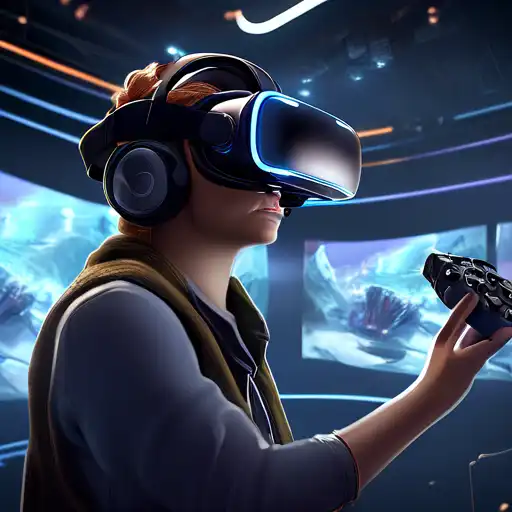Understanding the Complexities of VR Content Development
Virtual Reality (VR) has emerged as a groundbreaking technology, offering immersive experiences that were once the stuff of science fiction. However, developing content for VR presents a unique set of challenges that creators must navigate to deliver compelling experiences. From technical hurdles to creative constraints, the path to successful VR content creation is fraught with obstacles.
Technical Challenges in VR Development
One of the primary challenges in VR content creation is the technical complexity involved. Unlike traditional media, VR requires a high level of interactivity and immersion, which demands advanced programming skills and sophisticated hardware. Developers must ensure that the content is optimized for various VR platforms, each with its own specifications and limitations.
- High-performance computing requirements
- Compatibility across different VR headsets
- Real-time rendering challenges
Creative and Design Hurdles
Beyond the technical aspects, VR content creators face significant creative challenges. Designing for a 360-degree environment requires a completely different approach than traditional media. Storytelling in VR must account for the user's freedom to look anywhere, making narrative control more complex.
Moreover, creating immersive environments that are both engaging and comfortable for users is a delicate balance. Issues such as motion sickness and user disorientation must be carefully considered in the design process.
User Experience and Accessibility
Ensuring a positive user experience is paramount in VR content development. This includes not only the immersive quality of the content but also its accessibility. Developers must consider a wide range of users, including those with disabilities, to create inclusive VR experiences.
Accessibility features, such as subtitles for the hearing impaired and customizable controls for those with limited mobility, are essential components of modern VR content.
Future Prospects and Solutions
Despite these challenges, the future of VR content creation is bright. Advances in technology and creative methodologies are continually addressing the hurdles faced by developers. Collaborative tools and platforms are making it easier for creators to share knowledge and resources, fostering innovation in the field.
As the VR industry evolves, we can expect to see more sophisticated content that pushes the boundaries of what's possible, offering users even more immersive and engaging experiences.
For those interested in exploring more about VR technology, check out our latest article on VR advancements.
